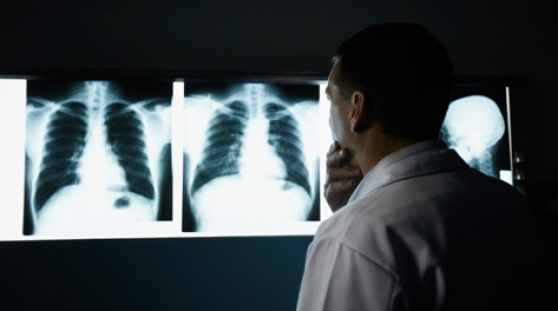Colon Cancer Health Center
Table of Contents

Generally, screening tests for colon cancer detect the disease. There are a number of tests to find polyps and colon cancer before you have symptoms.
If polyps are found, they can be removed, which may prevent colorectal cancer from developing. Also, early detection leads to more effective treatment results.
If you are in your 50s or older, you should be screened for colorectal cancer. If you are at higher risk of colorectal cancer because of a family history, talk with your doctor about whether to have screening tests before age 50. Find out tests to have, the benefits and risks of each test and how often to schedule appointments.
The following screening tests can be used to detect polyps, cancer or other abnormal growths:
- Fecal occult blood test (FOBT). Sometimes cancers or polyps bleed, and the FOBT can detect tiny amounts of blood in the stool.
- If blood is found, other tests are needed to find the source of the blood.
- Sigmoidoscopy. Using a thin, lighted tube called a sigmoidoscope, the inside of the rectum and the lower part of the colon is examined.
- Colonoscopy. Your doctor examines inside the rectum and entire colon using a long, lighted tube called a colonoscope.
- Double-contrast barium enema. You are given an enema with a barium solution that helps to highlight any unusual areas.
- Digital rectal exam. A rectal exam is often part of a routine physical examination. Your physician examines the rectum to feel for abnormal areas.
- Virtual colonoscopy. This method is under study.
Biopsy
- If tests show an abnormal area (such as a polyp), a biopsy to check for cancer cells will most likely be necessary.
- Cancer is diagnosed following a biopsy, which involves removing tissue from the tissue, lump, growth or suspicious area and looking for cancer cells. A biopsy is the only way to tell for sure if cancer is present.
- Often, the abnormal tissue is removed during the colonoscopy or sigmoidoscopy.
- Biopsies can be done in several ways, using other technologies such as CT scan or ultrasound to find the tumor to be tested.
- If the biopsy detects cancer, additional tests will be needed to learn more about the nature and extent of the disease.
